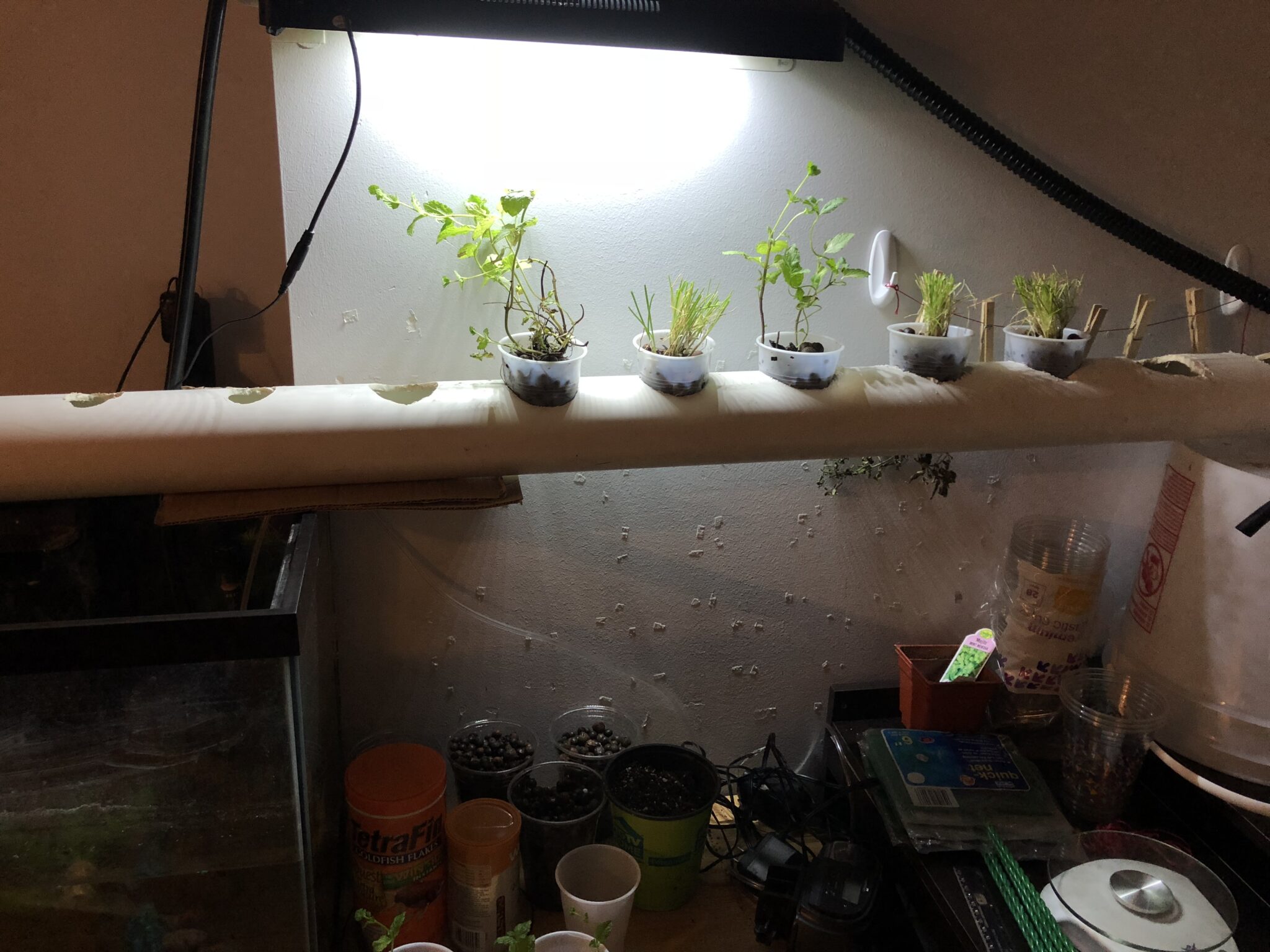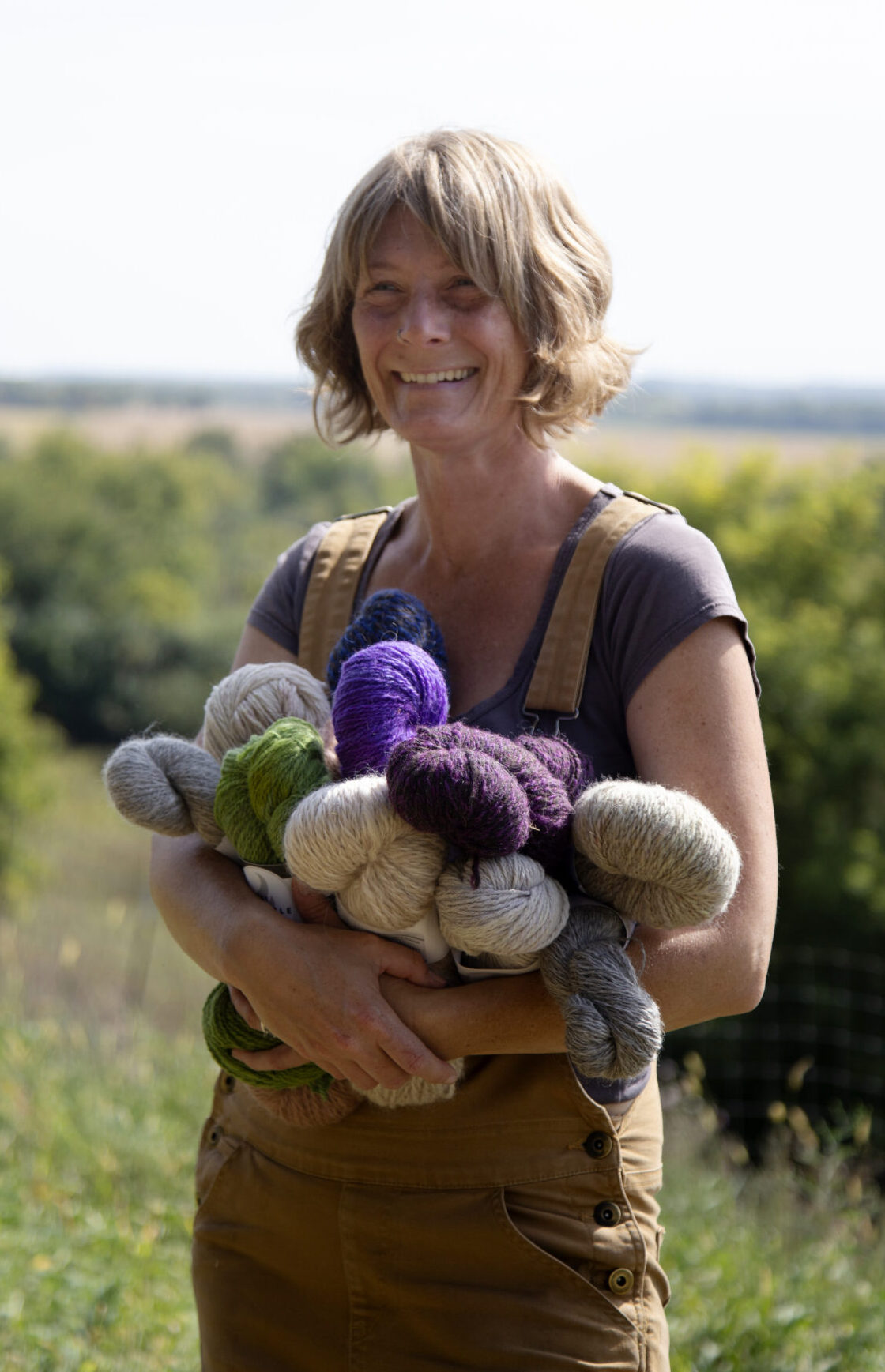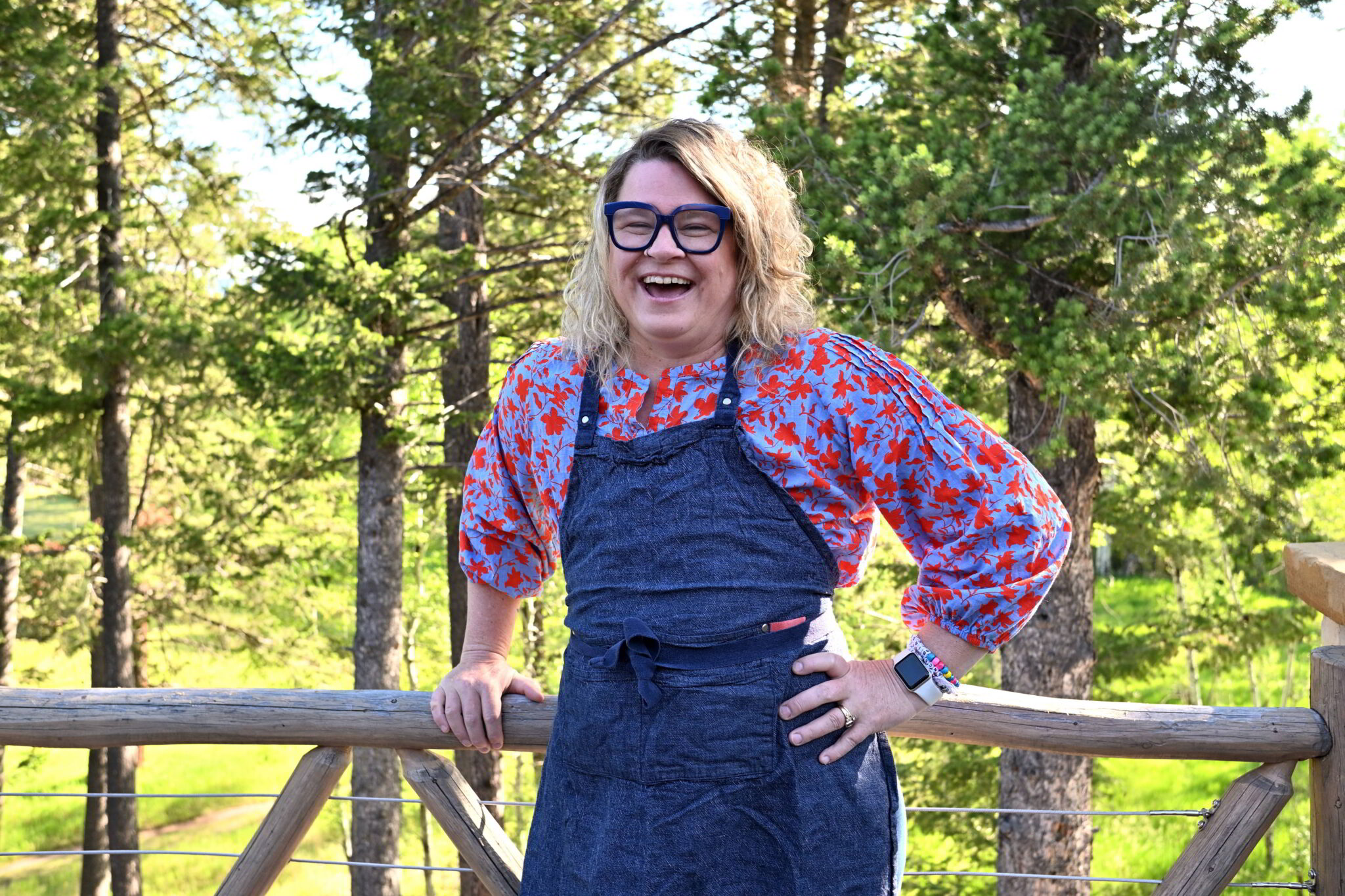Most popular

Apple Love is for Keeps: Cidery Grows out of Farming Interest
Welcoming visitors of all ages, Nate and Tracy enjoy being a destination for multigenerational families, fermentation aficionados, or day trippers just looking for a change of scenery — their front porch, also known as the Keepsake Cider Tasting Room, truly is a family-friendly site.

It Starts With the Soil: Hart Country Meat’s Grass Fed Beef
That education piece allows Jessica to be a representative and advocate of agriculture. “I especially want people to know that each cut of beef, each pound of hamburger is a long time in the making.” Your hamburger patty starts with the soil. The better the soil conditions, the more nutritionally dense the corn, grasses, and hay that feed the cattle.

Drinking is an Agricultural Act at Far North Spirits
The founding of America’s only certified Bee-Friendly Farm Distillery began with a homework assignment. Cheri Reese and Mike Swanson, owners of Far North Spirits, were living in St. Paul following careers in marketing and communications. Mike was pursuing an MBA from the University of St. Thomas where his entrepreneurial class project included a business plan for a distillery that grew its own grain.

From Fish Tanks to Farmers’ Fields: Clear Water Nitrate Reduction
This story starts with a couple of 25 gallon fish tanks in a St. Olaf dorm room. Growing up in Eau Claire, Wisconsin, Ian became interested in reducing fertilizer runoff when he learned that sources of pollution like nitrate and phosphorus were invisible as they leached into the groundwater or local streams. Parts of the watershed were overloaded with nutrient pollution whose negative impact increased as it moved downstream.

Simple Cider Co: Pressing Apples to Build Community
“Half of our company is about the apples. The other half is about the space,” explains Nick Revoir of Simple Cider Co. “The space will be designed for all generations of a family. It will be a place of wonder, like walking into a children’s museum, where the ceiling and the floors aren’t just a normal design. It will be built as a safe place for the kids to be themselves while adult friends connect, commiserate and support each other.”

Fiber Arts: Raising Sheep, Producing Wool, and Finding Community at Get Bentz Farm
As the baroness of Get Bentz Farm, Theresa uses both wool from her flock and fleece purchased from shepherds throughout the region to create her signature products. “I love that I’ve become a producer of yarn in our industry,” smiles Theresa. “I enjoy having control over the end product. I get to collaborate with others to create something that people use.”














